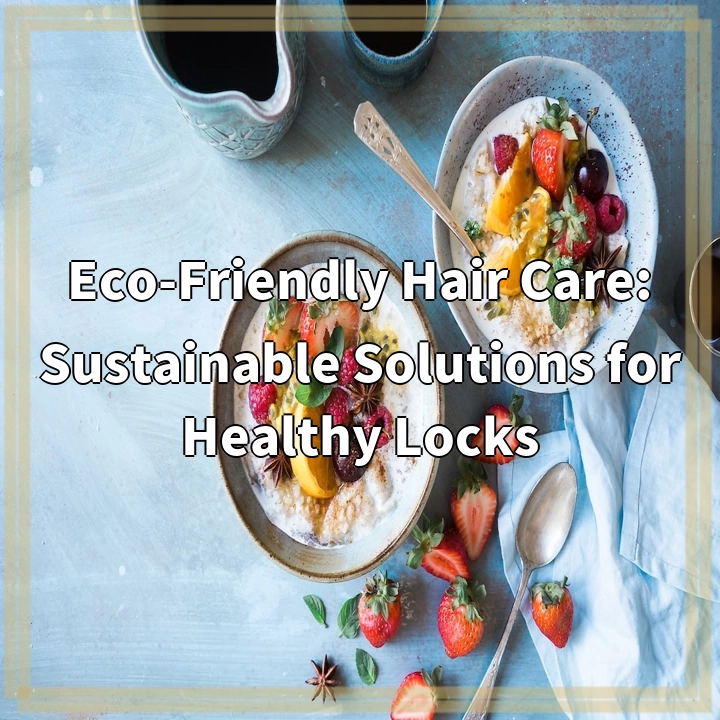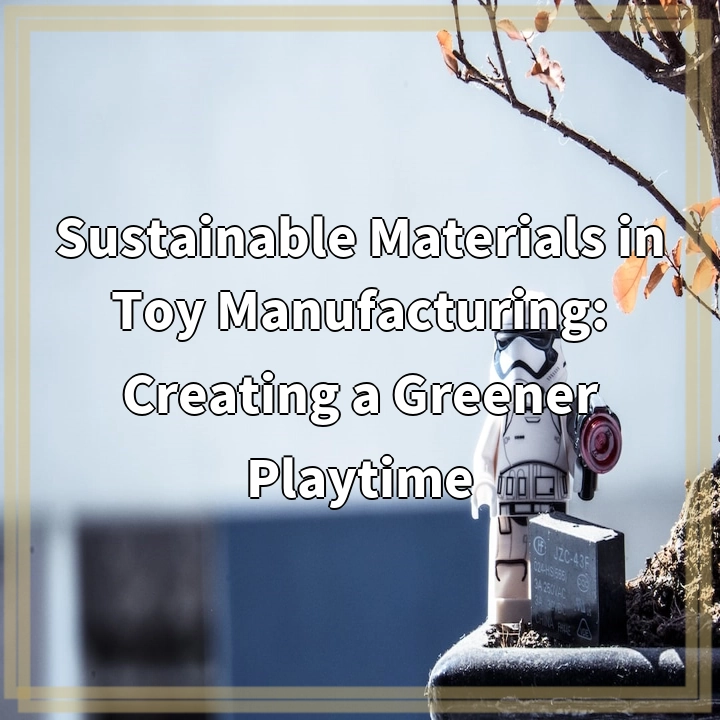
What is Eco-Friendly Hair Care?
Eco-friendly hair care refers to the use of sustainable and environmentally conscious practices and products to maintain healthy locks. It involves adopting a mindful approach towards hair care routines, focusing on the impact that traditional hair care practices may have on the environment.
Real-World Problems Associated with Conventional Hair Care
1. Chemical Pollution
Conventional hair care products often contain harmful chemicals, such as sulfates, parabens, and synthetic fragrances. These chemicals can be detrimental to both the environment and our health. When washed down the drain, they can enter water bodies and have negative impacts on aquatic life.
2. Water Consumption
Traditional hair care routines can involve excessive water usage. Long showers, frequent shampooing, and rinsing with hot water can all contribute to high water consumption. With the increasing scarcity of water resources, it is crucial to adopt water-saving hair care practices.
3. Package Waste
The beauty industry generates a significant amount of packaging waste. Single-use plastic bottles, tubes, and containers from hair care products contribute to the global plastic pollution crisis. Designing eco-friendly packaging solutions and opting for refillable or reusable containers can help minimize this problem.
4. Animal Testing
Many conventional hair care brands still test their products on animals, causing unnecessary harm and suffering. Animal testing involves subjecting animals to potentially harmful chemicals, which is both inhumane and unnecessary. Opting for cruelty-free and vegan hair care products can help address this issue.
5. Ethical Sourcing and Production
The production of hair care products can have negative social and environmental impacts. This can include exploitative labor practices, unsustainable sourcing of ingredients, and contribution to deforestation. Supporting brands that prioritize ethical sourcing, fair trade, and sustainable production methods is essential for promoting positive change.
Conclusion
Eco-friendly hair care offers a solution to the real-world problems associated with conventional hair care practices. By adopting sustainable alternatives, such as using natural and organic products, adopting water-saving techniques, and supporting ethical brands, we can promote healthy locks while minimizing our environmental impact. Making small changes in our hair care routine can contribute to a more sustainable and eco-conscious future.

Summary of Eco-Friendly Hair Care Solutions
1. Choose Natural and Organic Products
Opting for hair care products made from natural and organic ingredients can help reduce chemical pollution and minimize the impact on the environment. Look for products that are free from sulfates, parabens, and synthetic fragrances.
2. Practice Water-Saving Techniques
Adopting water-saving techniques, such as shorter showers, reducing shampoo frequency, and rinsing with cold water can significantly reduce water consumption during hair care routines.
3. Opt for Sustainable Packaging
Choose hair care products that come in sustainable packaging. Look for refillable or reusable containers, or brands that promote minimal packaging waste to minimize the environmental impact of product packaging.
4. Support Cruelty-Free and Vegan Brands
Choose hair care brands that are cruelty-free and refrain from animal testing. Supporting brands that are committed to ethical practices helps in eliminating animal testing and promotes a more compassionate approach to hair care.
5. Prioritize Ethical Sourcing and Production
Support hair care brands that embrace ethical sourcing methods, fair trade, and sustainable production practices. By choosing such brands, we can contribute to the preservation of the environment and the well-being of communities involved in the production process.
Incorporating these eco-friendly hair care solutions into our routines can lead to healthier locks while minimizing our impact on the environment. Making conscious choices as consumers is crucial in nurturing a sustainable and eco-conscious future.















